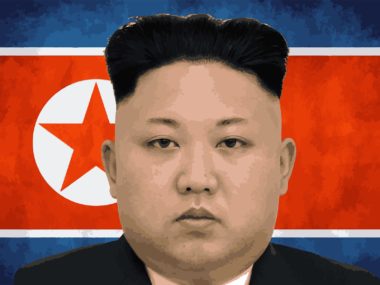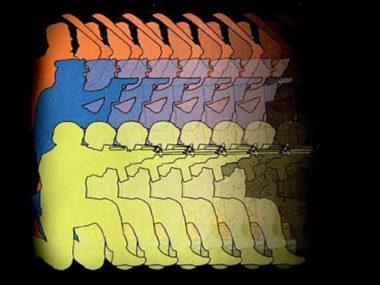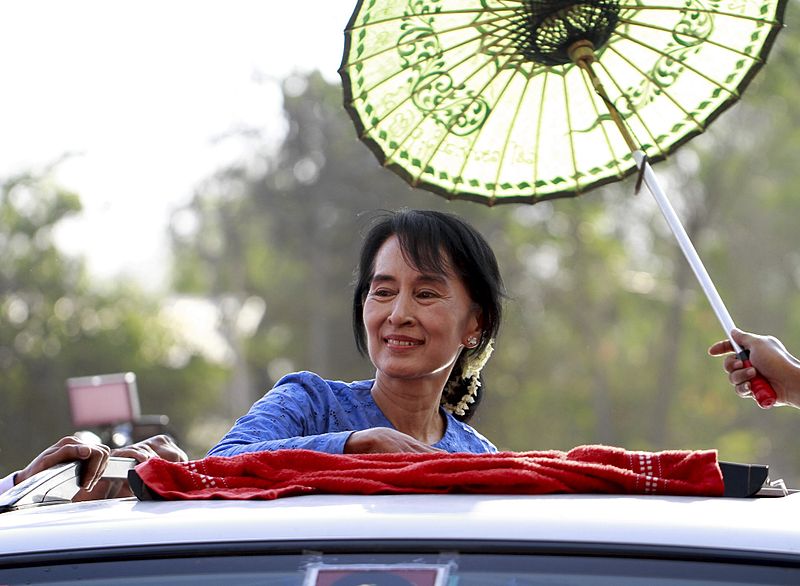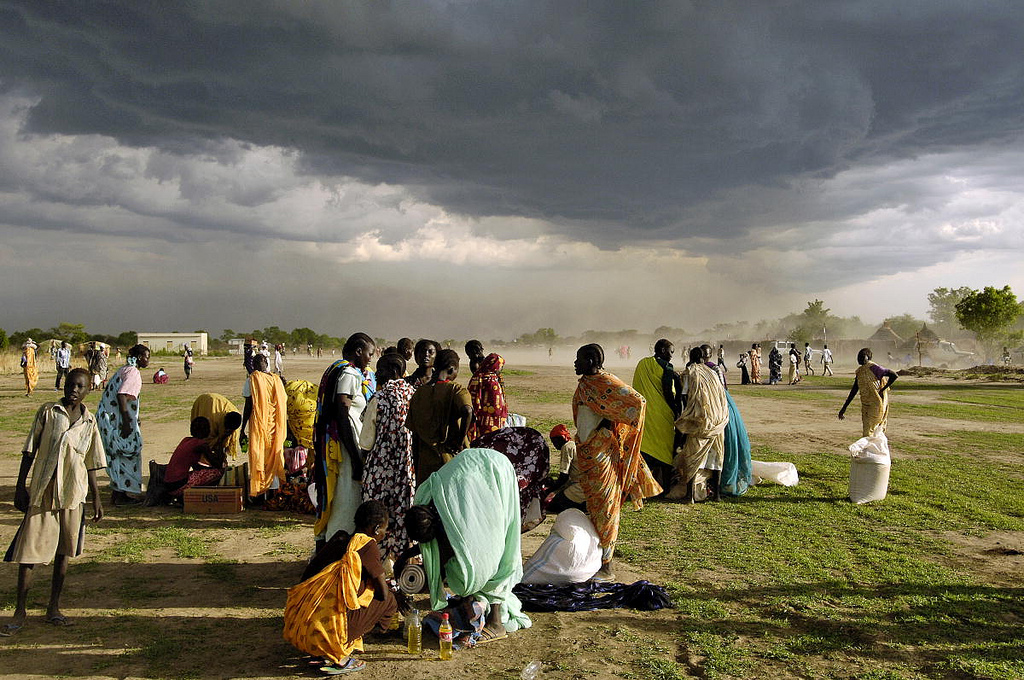By guest contributor John Chin
Despite the havoc that the coronavirus pandemic continues to wreak around the world, if things keep up, 2020 is on track to become only the second year in the post-World War II era without a single verified coup attempt anywhere in the world—2018 was the first coup-less year, according to the Colpus dataset. By this time in 2019, there had already been four coup attempts globally, including failed coups in Gabon (January) and Venezuela (April) and successful coups in Algeria and Sudan (April).
Yet, if headlines and some politicians are to be believed, all is not quiet on the coup front. From Ankara to Washington, coup rumors and rhetoric abound. In recent days, rumors have surfaced of imminent military coups in Zimbabwe against President Emmerson Mnangagwa and in Brazil in support of President Jair Bolsonaro. Last month, Israeli Prime Minister Benjamin Netanyahu decried his corruption trial as a coup attempt by police elements and the attorney general; Turkey’s President Recep Tayyip Erdoğan accused the main opposition Republican People’s Party of “yearning” for a coup; and reports of a coup against the Emir of Qatar spread like wildfire on Twitter. In late April, US President Donald Trump retweeted claims that he had been the target of several failed coups, including the Mueller investigation and impeachment.
Yet there is little to no evidence to support these coup allegations. The Qatari coup rumors have since been dismissed by Al Jazeera as fake news drummed up as part of a disinformation campaign by Saudi Arabia, which severed relations with Qatar in 2017. Zimbabwe’s government has denied a coup is afoot. The coup claims by Trump, Erdoğan, and Netanyahu, meanwhile, appear merely to be ploys to discredit their opponents. For their part, Bolsonaro’s backers invoke the specter of a military coup or self-coup (autogolpe) should opposition elements in the judiciary or legislature try to oust him from office.
Coup disinformation has often been spread by foreign rivals and closed dictatorships
Saudi agents spreading fake news of a Qatari coup would not be the first time that a foreign rival or exiled opposition cried (coup) wolf in hopes of sowing doubt about the strength of the regime in the target state. Call it coup fomenters’ “field of dreams” principle: If you build it (doubt), they (coup-makers) will come. Iraqi defectors often spread coup rumors against Saddam Hussein through the mid-1990s, in hopes this would aid their cause in securing greater US support. US officials sometimes parroted these unverified coup reports to make credible claims of Hussein’s weak grip on power.
It is strange to see coup disinformation spread by leaders in long-standing democracies like the US and Israel. Historically, observers have mainly had trouble distinguishing coup fact from fiction in closed dictatorships, especially those with restricted foreign media access. Take Uganda under Idi Amin. Rumors in diplomatic circles and spread among refugees led to reports of all manner of ethnic violence, mutinies, assassinations, and coup attempts during his rule. A dearth of western journalists on the ground made sorting out the truth difficult. Cambodia’s Khmer Rouge regime had a habit of fabricating Vietnam-sponsored assassination attempts against Pol Pot. When Kim Jong Un wasn’t seen in public for a month recently, rumors spread that he was deathly ill or perhaps had been deposed somehow.
Identifying coup attempts when they happen can be a messy and ambiguous business.
Leading coup datasets often distinguish between coup attempts, for which there is evidence of concrete illegal actions taken by civilian elites or military actors against incumbent leaders, and coup plots that lack such actions—either because the plot was abandoned or because plotters were preempted. Coup data from the Center for Systemic Peace go a step further and distinguish genuine coup plots from murkier “alleged” plots. Indeed, they count slightly more alleged coup plots than “real” coup plots.
To better capture the uncertainty and ambiguity surrounding coup events since World War II, the Colpus dataset flags coup events where evidence is “ambiguous” (with few or conflicting sources) or potentially “staged” (where at least some observers allege they may have been made up). Our data in fact exclude 27 events as coup plots rather than bonafide coup attempts precisely because of credible concerns that the coup was staged. In 14 other cases, we erred on calling the event a coup attempt despite claims by at least one group that there was in fact no coup attempt.
Coup-makers these days never self-identify coups. A coup is in the eye of the beholder.
Often, partisan politics shapes public perceptions of coup events. Just as embattled right-wing leaders have played the “coup card” for sympathy, left-wing critics of Trump and Netanyahu have accused them of launching executive self-coups. By throwing the coup label at each other, rhetorical coup fights reflect bids to rally supporters and delegitimize opponents.
Take the ouster of Bolivian President Evo Morales last November. Morales’ critics said his ouster was the result of a legitimate uprising against electoral fraud, while his supporters denied such fraud and said military intervention forcing his resignation was a coup. (Interestingly, recent reports reveal that a report by the Organization of American States that backed early fraud claims was flawed, suggesting that “fake news” can sometimes justify coups.) Likewise, when elements of the military-backed an uprising in Venezuela last April, critics of the Nicolás Maduro regime defended the pro-Juan Guaidó insurrection as a constitutional non-coup. (Given that active military personnel took concrete actions to oust the incumbent leader outside of regular constitutional channels, both events qualified as coup attempts in the Colpus dataset.)
Staging coups may give leaders a pretext for a crackdown or power grab.
As Steven Levitsky and Daniel Ziblatt observed in How Democracies Die, leaders often exploit and sometimes invent crises to concentrate power. In the past, some incumbents have even staged coup or assassination attempts to justify a power grab and to purge opposition. For example, in September 1972, Philippine President Ferdinand Marcos fabricated an alleged Communist-led assassination attempt against Defense Minister Juan Ponce Enrile as a pretext to declare martial law, launch a self-coup purging opposition members of Congress, and impose a personalist dictatorship. Although the failed coup attempt in Turkey in July 2016 was not staged, Erdoğan used it to justify a widespread societal crackdown and two-year state of emergency, marking the final breakdown of democracy. Turkey is still detaining military personnel in 2020 with alleged links to the 2016 coup attempt. Today’s witch hunts surrounding possible new “coup attempts” may similarly be seen as efforts to wag the dog and distract from domestic concerns that have been exacerbated by the coronavirus pandemic.
John Chin, a post-doctoral fellow in the Institute for Politics and Strategy at Carnegie Mellon University, is the author, with David Carter and Joseph Wright, of the forthcoming “Historical Dictionary of Modern Coups D’état.”






